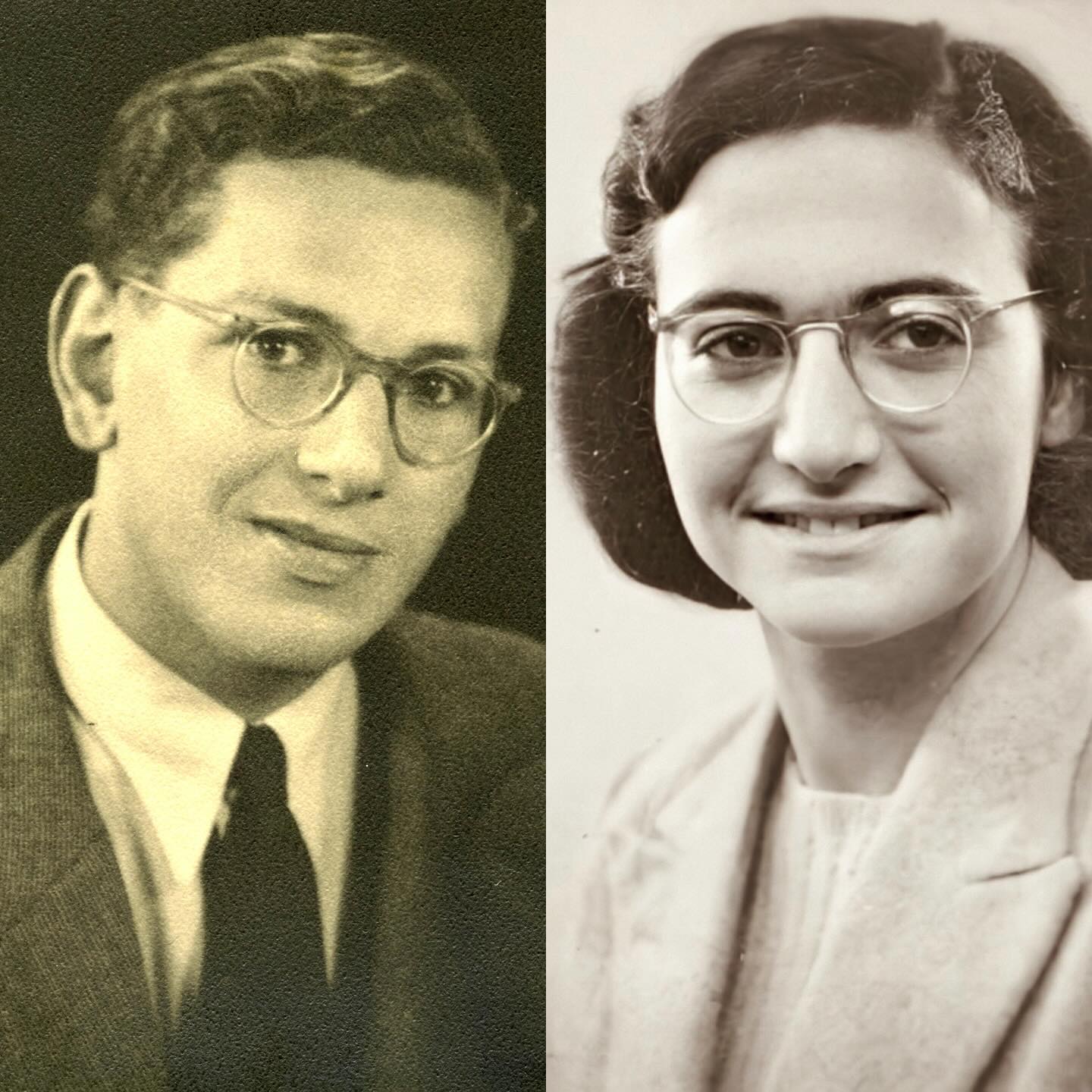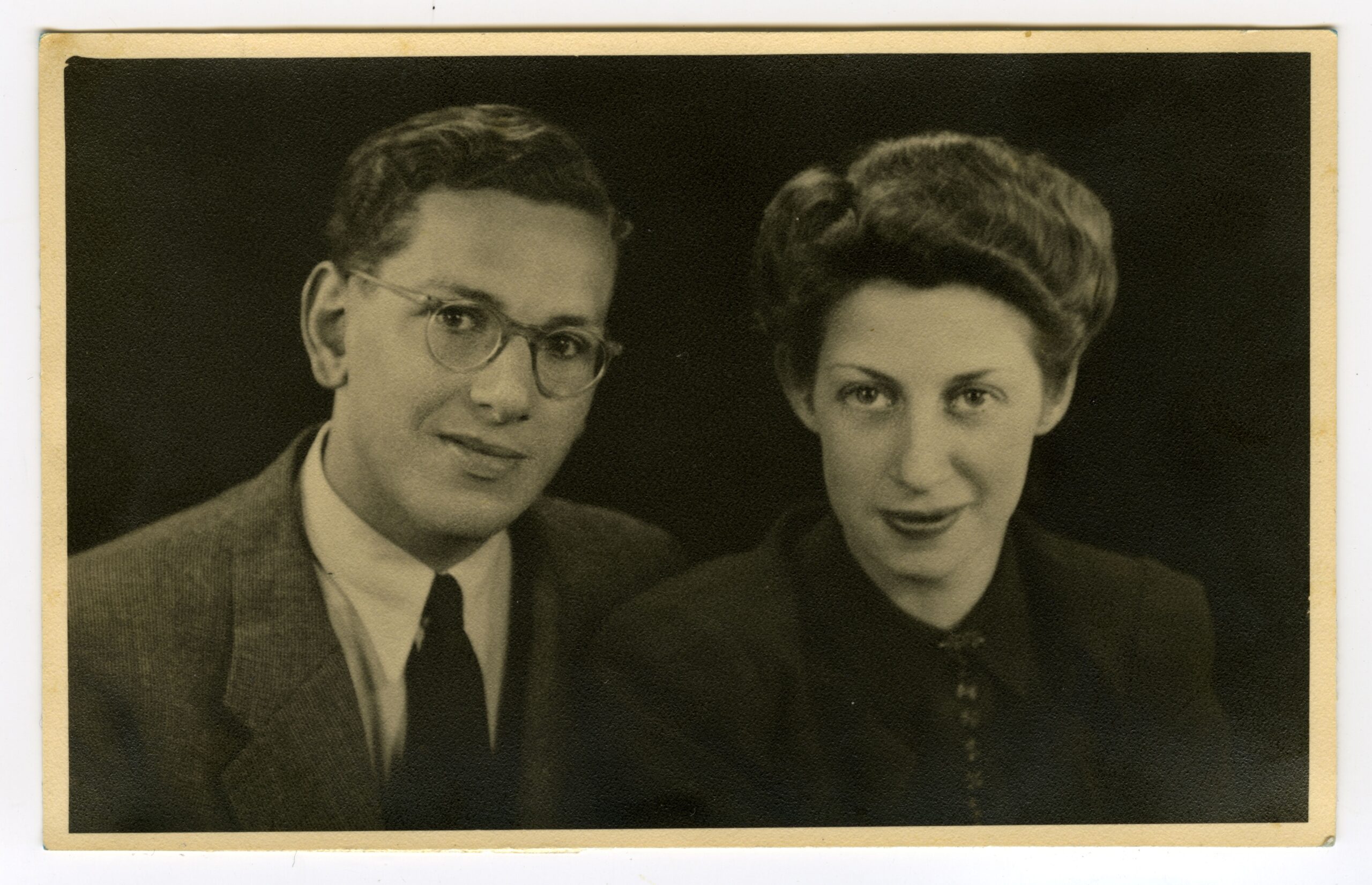A Terrible Discovery

The Westerbork transit camp was a place of temporary imprisonment, but its conditions were far from uniform. Some prisoners lived in the “free” camp, where they were allowed to write letters and receive parcels. But for others, like the Frank family, it was a different reality. They were classified as “criminal cases” and were sent to the punishment barracks, a segregated part of the camp where life was far more difficult.
This grim reality is brought to light in a letter written by Bram Asscher, a friend who was in the “free” section of the camp. On August 25, 1944, he wrote to his mother, sharing a shocking and heartbreaking discovery. “Mama, did you know that Margot is here? That friend of Trees. You remember her, don’t you?” he wrote. His casual tone quickly shifted to one of horror as he described her situation: “She’s in the punishment barracks with her parents and her sister. Terrible!”

Bram’s letter is a poignant and rare document. It is one of the few pieces of evidence that confirms the Frank family’s stay in Westerbork. It also reveals the stark and devastating truth that even in a place of great suffering, there were different degrees of hardship. While Bram was able to write letters and receive parcels, Margot and her family were cut off from all contact with the outside world, a punishment for the crime of being in hiding.
This small, heartbreaking exchange in a letter is a powerful testament to the reality of the Holocaust. It shows us that even in a place of chaos and terror, a simple word—”Terrible!”—can capture the immense tragedy of a life turned upside down.